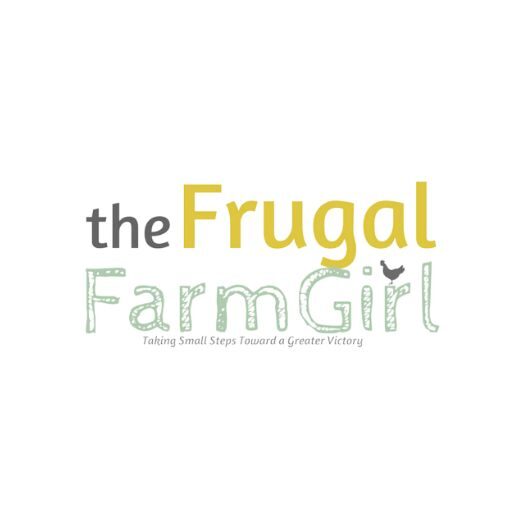If you want to preserve your fresh produce, you have a few options: freezing, dehydrating, or canning. The method you choose will depend on various factors, including the type of product you’re working with and your personal preferences.
Here are a few things to keep in mind as you decide which preservation method to use:
– Freezing is a good option for most fruits and vegetables. It’s quick and easy, and your produce will retain most of its nutrients.
– Dehydrating is ideal for foods you want to store for long periods. Dehydrated foods take up less space than their fresh or frozen counterparts, making them perfect for hiking, camping, and other outdoor adventures.
– Canning is a great way to preserve produce that is in season. Canning also allows you to create unique flavor combinations that you can’t get from other preservation methods.
If you want the best book to grab at your local library or on Amazon– it’s the Ball Blue Book Guide to Preserving!

What Kinds of Foods Are Best to Dehydrate?
Dehydration is a great way to preserve fruits, vegetables, herbs, and spices. Fruits like apples, bananas, and strawberries can be dehydrated and enjoyed as a healthy snack.
Vegetables like carrots, celery, and peppers can also be dry and used in soups, stews, or salads. Herbs and spices can be dehydrated and used to flavor your favorite dishes.
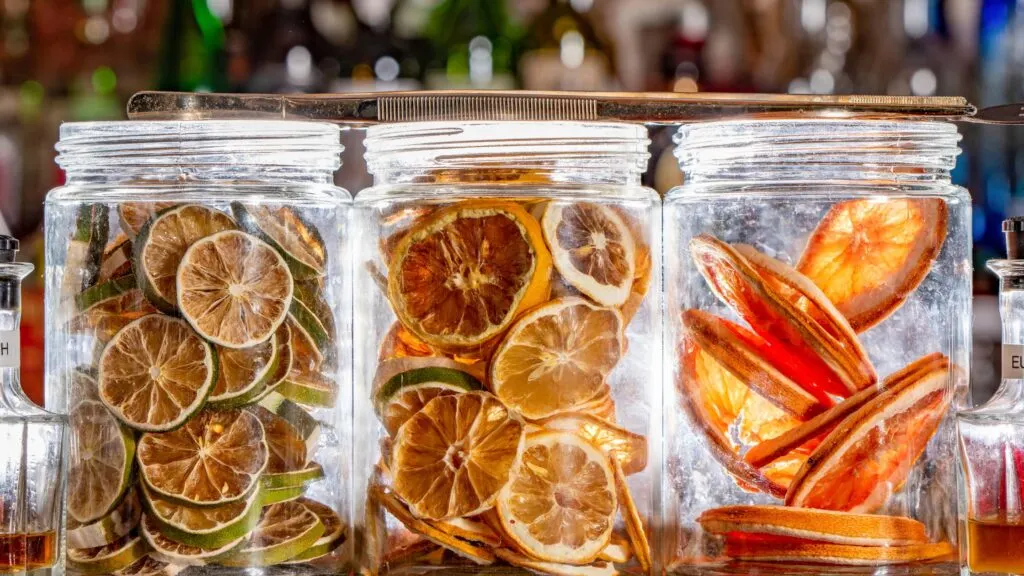
What Are the Benefits of Dehydrating Food?
Dehydrating food has a few benefits over other preservation methods. First, dehydrated foods take up less space than their fresh or frozen counterparts, making them perfect for hiking, camping, and other outdoor adventures.
Dry foods also have a longer shelf life than fresh or frozen foods, so you can stock up and save them for later. Making venison jerky in the Ninja Foodi is one of our favorite dehydrated foods. Plus, the process for the jerky only takes four hours in the Ninja.
What Are the Downsides of Dehydrating Food?
Dehydrating food does have some downsides. For example, dehydrated foods can lose some of their flavor and nutrients during the dehydration process.
If you do not dehydrate your foods and store them properly, they will become moldy quickly. It’s essential to keep a consistent temperature when using this method. This is why I loved when we switched from our classic dehydrator to the Ninja Foodi!
My Favorite Items for Dehydrating:
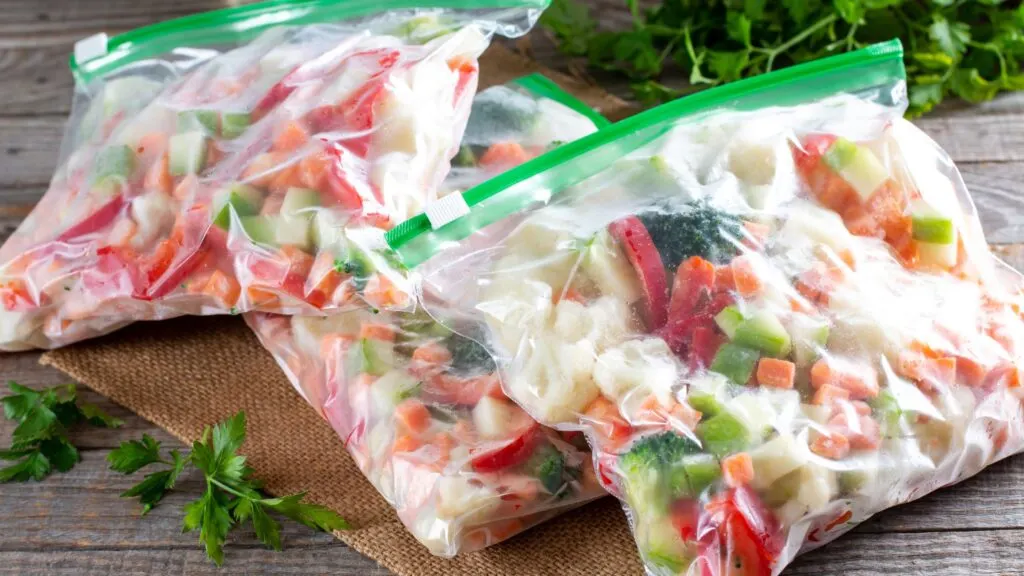
What Kinds of Foods are Best for Freezing?
Freezing is a good option for most fruits and vegetables. Fruits like berries, cherries, and grapes can be frozen and enjoyed year-round.
Vegetables like broccoli, carrots, and peas can also be frozen and used in soups, stews, or casseroles.
What Are the Benefits of Freezing Food?
Freezing food has a few benefits over other preservation methods. First, freezing is quick and easy, and your produce will retain most of its nutrients.
Frozen foods also have a longer shelf life than fresh foods, so you can stock up and save them for later.
We bought a Foodsaver at BJ’s several years ago now, and it is our favorite for freezing foods. Mostly we use it for freezing our chickens and lambs. It is a cost investment to do it that way, but it keeps the food fresher, and no freezer burn.
What Are the Downsides of Freezing Food?
Freezing food does have some downsides. For example, frozen foods can lose some of their flavor and texture during the freezing process.
And because frozen foods are lighter and smaller, they can be more challenging to store and transport.
We will use our
My Favorite Items for Freezing:
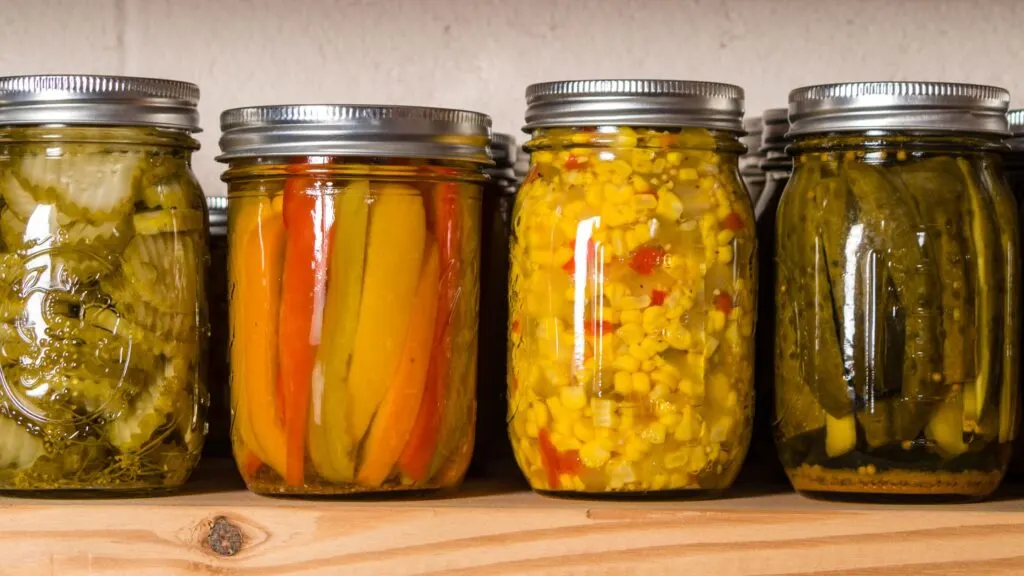
What Kinds of Foods Are Best for Canning?
Canning is a great way to preserve produce that is in season. Fruits like apples, peaches, and tomatoes can be canned and enjoyed year-round.
Vegetables like beans, corn, and peppers can also be removed and used in soups, stews, or casseroles.
If you want to learn how I can make tomatoes, check out the blog post here.
What Are the Benefits of Canning Food?
Canning has a few benefits over other preservation methods.
Canning allows you to create unique flavor combinations that you can’t get from other preservation methods.
Canned foods also have a longer shelf life than fresh or frozen foods, so you can stock up and save them for later.
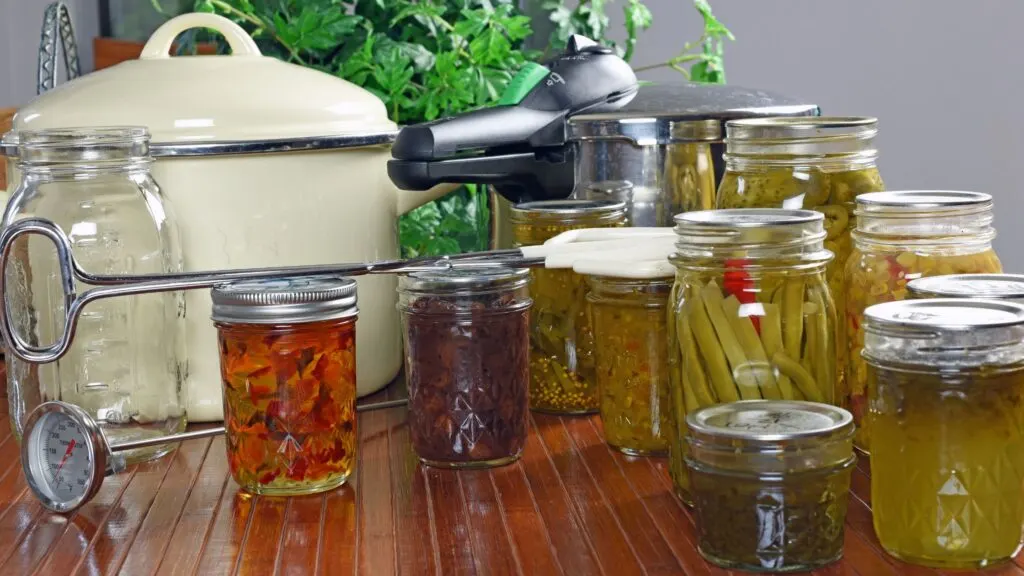
What Are the Downsides of Canning Food?
Canning does have some downsides. Canning is time-consuming; you’ll need special equipment like canning jars and a pressure cooker.
Canned foods can also lose some flavor and nutrients during the canning process. Out of the three, I prefer the taste of the best of caned foods, but when I’m busy, freezing is the easiest. Dehydrating is a lot easier in my Ninja Foodi now.
When it comes to preserving fresh produce, you have options. You can freeze it, dehydrate it, or can it. What preservation method you choose will depend on a variety of different factors.
Start by figuring out what your options are. Canning is a great way to preserve produce that is in season. Canning also allows you to create unique flavor combinations that you can’t get from other preservation methods.
My Favorite Canning Supplies:
I have all my favorite supplies in a post HERE.
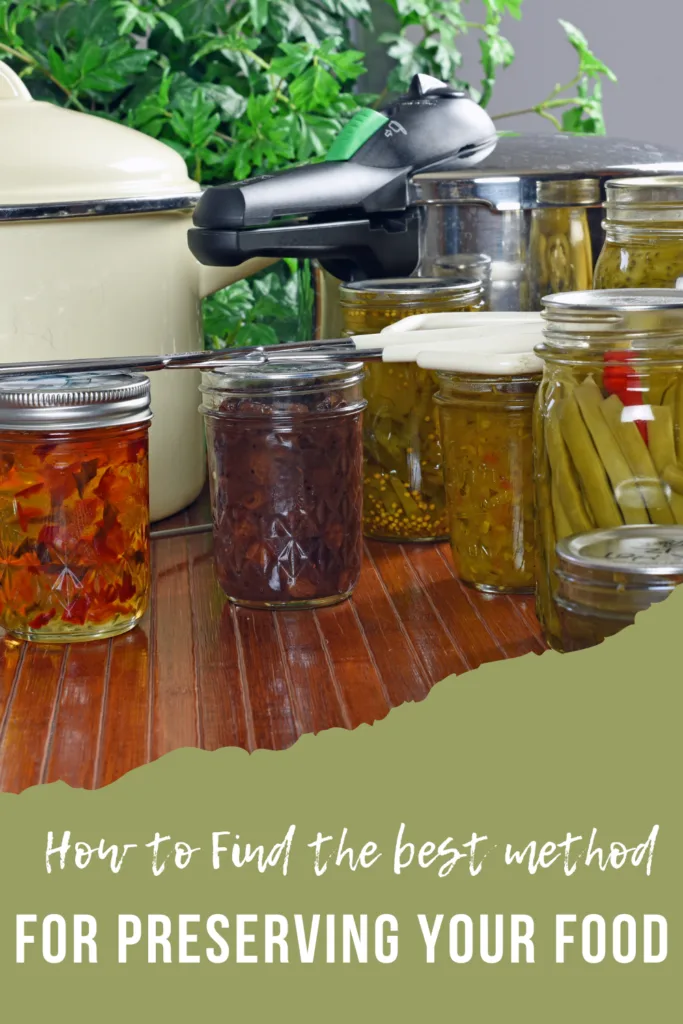
Dehydration is a great way to preserve fruits, vegetables, herbs, and spices. In addition, dehydrated foods take up less space than their fresh or frozen counterparts, making them perfect for hiking, camping, and other outdoor adventures.
Freezing is a good option for most fruits and vegetables. Freezing is quick and easy, and your produce will retain most of its nutrients.
Once you’ve decided what preservation method to use, you can start stocking up on fresh produce. Preserve fruits and vegetables in season for the best flavor and nutrient retention. And be sure to label your preserved foods so you know when they were made.
